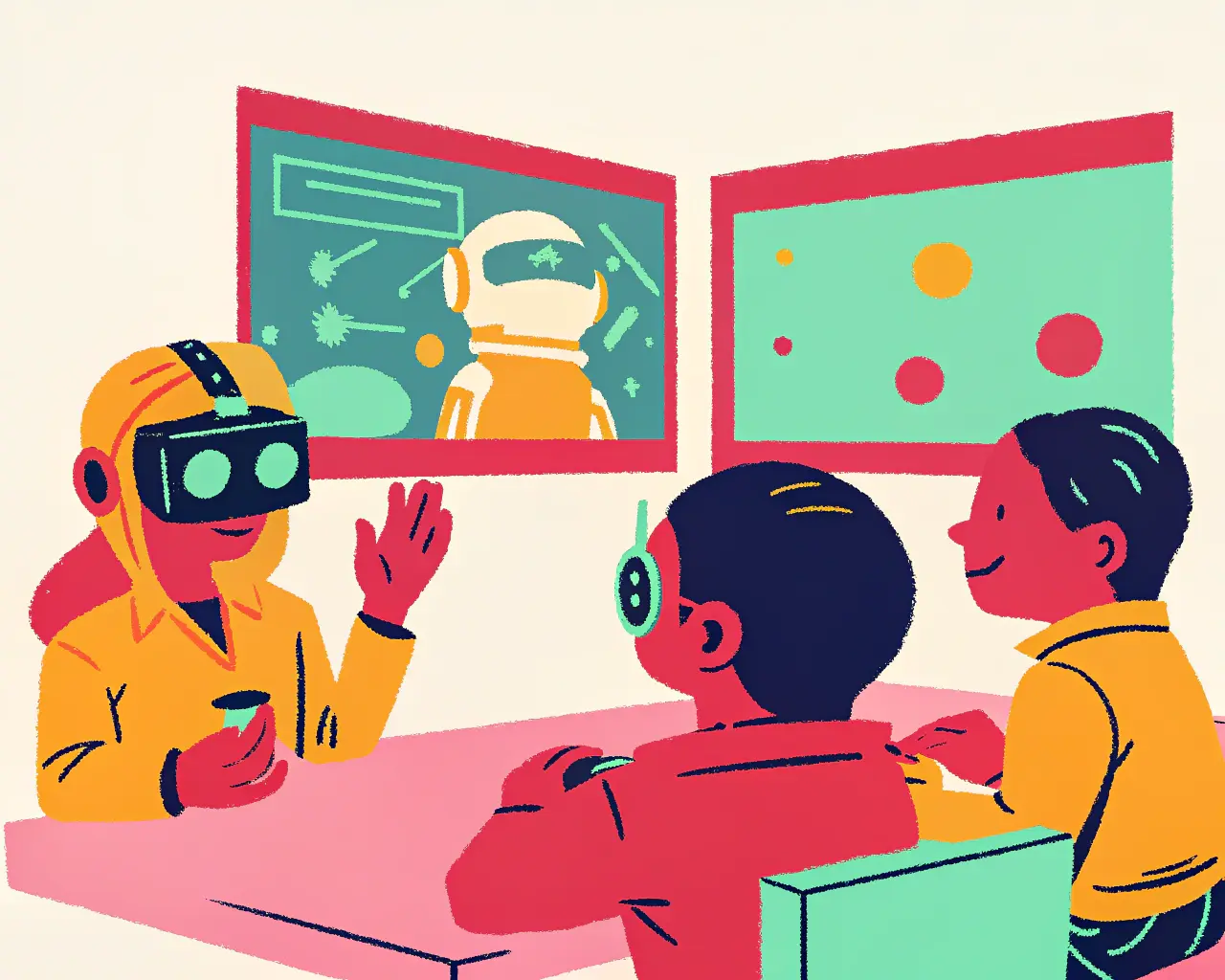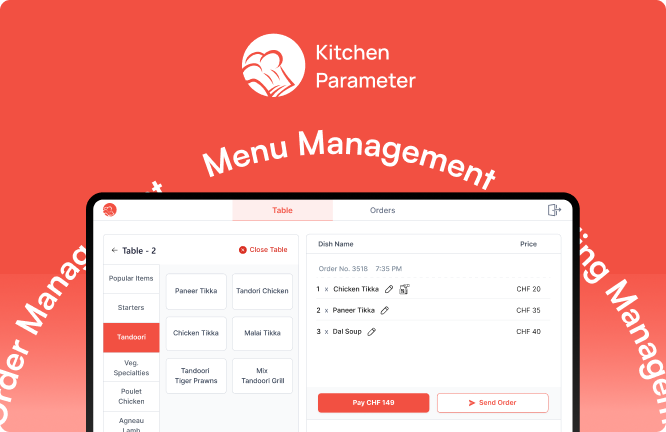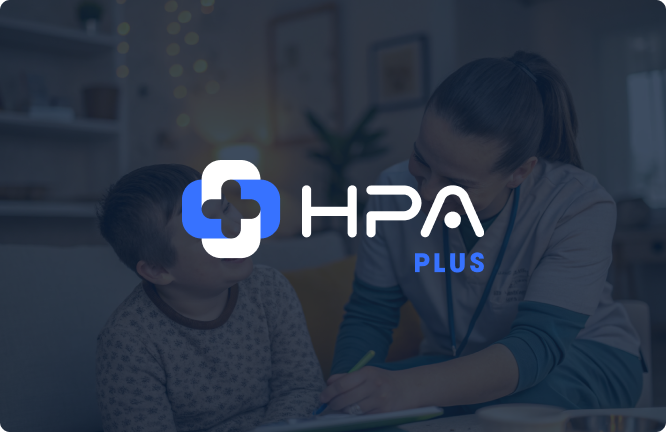Introduction: A New Era in Education Technology
The Future of EdTech is more than just replacing textbooks with tablets—it’s about redefining the way we teach, learn, and interact with educational content. Modern innovations such as Artificial Intelligence (AI), Gamification, and Personalized Learning are creating learning experiences that are engaging, inclusive, and effective.
As technology advances, education software solutions built through software development, swift development, and react-native development are making it possible for students to learn anytime, anywhere, and at their own pace. This shift is not just changing classrooms—it’s shaping the future of learning worldwide.
1. The Future of EdTech: A Big Picture View
EdTech, or Educational Technology, combines digital tools and modern teaching methods to enhance learning outcomes. The global EdTech market is forecast to exceed $404 billion by 2025, driven by remote learning demand, mobile-first education apps, and AI-powered platforms.
Key EdTech Trends Today
- AI for personalized learning recommendations
- Gamified learning platforms to boost engagement
- Cloud-based solutions for scalability and flexibility
- Cross-platform apps using react-native development for wider reach
These trends are redefining what a “classroom” looks like—transforming it into a limitless digital space accessible from any corner of the globe.
2. AI in Education: Personalized Learning at Scale
One of the most influential EdTech trends is AI in education. AI-driven platforms can analyze a student’s performance data to identify strengths, weaknesses, and preferred learning styles. This allows for real-time content adjustments and customized learning paths.
Benefits of AI in Education
- Adaptive Learning: Lessons adapt automatically based on student progress.
- Automated Assessment: Speeds up grading and reduces teacher workload.
- Predictive Insights: Forecasts where students may struggle in the future.
AI-based personalized learning software is particularly impactful for institutions aiming to improve retention rates and academic performance. High-performance iOS learning apps built with swift development are a perfect example of how AI can be integrated seamlessly into mobile education experiences.
3. Gamification in Learning: Making Education Fun Again
Gamification in learning is about bringing the excitement of games into the educational process. By introducing elements such as points, leaderboards, and challenges, it motivates learners to engage more actively.
Gamification Benefits
- Boosts Engagement: Students enjoy interactive, game-like content.
- Encourages Healthy Competition: Friendly challenges keep learners motivated.
- Improves Retention: Fun, immersive lessons help with long-term memory.
Educational institutions often choose bespoke and off the shelf development when adding gamification features. This approach allows them to either tailor the experience fully to their needs or quickly integrate ready-made game mechanics into their learning management systems (LMS).
4. Personalized Learning Software: Tailoring Education for Every Student
In the Future of EdTech, personalized learning is no longer a luxury—it’s a necessity. Every student learns differently, and technology now makes it possible to design education that fits each learner’s pace and style.
Core Features of Personalized Learning Software
- AI-based course recommendations
- Interactive multimedia lessons
- Real-time performance tracking
- Accessibility tools for diverse needs
By combining software development for backend architecture with react-native development for cross-device compatibility, EdTech companies can deliver a smooth and consistent learning experience on desktops, tablets, and smartphones alike.
5. How Software Development is Powering EdTech Innovation
Behind every successful EdTech product lies robust software development. Custom solutions ensure that platforms are scalable, secure, and easy to use for both students and educators.
Technologies Shaping EdTech Development:
- Swift development for seamless iOS learning apps
- React-native development for cost-effective, cross-platform apps
- Cloud-based hosting for global accessibility and performance
- Data encryption to protect student information
The choice between bespoke and off the shelf development plays a big role in determining how flexible and future-proof an EdTech platform will be.
6. Real-World Examples of EdTech Transformation
Some leading platforms have already proven how AI, gamification, and personalization can transform education:
- Duolingo – Combines gamification with AI-driven lessons for language learning.
- Khan Academy – Offers personalized study recommendations based on student progress.
- Google Classroom – Supports hybrid and remote learning with ease.
These platforms serve as prime examples of how innovative soft development and mobile-first strategies are shaping the Future of EdTech.
7. Challenges to Overcome in the Future of EdTech
While opportunities are vast, there are also challenges:
- Digital Divide: Unequal access to devices and internet connectivity.
- Teacher Training: Educators need ongoing support to adapt to new tools.
- Privacy Concerns: Protecting sensitive student data is critical.
Addressing these challenges requires thoughtful planning, especially when choosing between bespoke and off the shelf development for new projects.
8. The Road Ahead for EdTech
The next decade of education will be shaped by AI tutors, immersive gamification, and personalized learning platforms available on every device. Students will have access to content in their native languages, at their own pace, and in formats they enjoy.
Institutions that embrace these changes—partnering with skilled teams in soft development, swift development, and react-native development—will lead the charge in delivering high-quality, technology-driven education.
Conclusion: Preparing for the Future of EdTech
The Future of EdTech is already unfolding, and those who act now will have a competitive advantage in the educational space. By integrating AI in education, gamification in learning, and personalized learning software, institutions can provide dynamic, engaging, and effective learning environments.
With the right mix of soft development, swift development, react-native development, and bespoke and off the shelf development, you can build platforms that empower educators, inspire learners, and redefine education for the digital age.
FAQs
1. What is the Future of EdTech?
The Future of EdTech refers to the ongoing evolution of educational technology to improve learning outcomes through tools like AI, gamification, and personalized learning platforms. It focuses on creating engaging, accessible, and customized education for learners worldwide.
2. How is AI used in education software?
AI in education software is used to personalize learning experiences, automate grading, provide real-time feedback, and analyze student performance. AI-powered systems can adapt lesson difficulty, recommend resources, and predict where students may need additional support.
3. What are the benefits of gamification in learning?
Gamification in learning makes education more engaging by integrating game-like elements such as points, badges, and leaderboards. It boosts motivation, encourages healthy competition, and helps learners retain knowledge for longer periods.
4. What is personalized learning software?
Personalized learning software tailors educational content to each student’s learning style, speed, and goals. Using AI and analytics, it creates custom learning paths, provides targeted feedback, and ensures that no learner is left behind.
5. Why is software development important for EdTech?
Software development powers the platforms and apps that make EdTech possible. Whether through Swift development for iOS apps or React Native development for cross-platform learning tools, high-quality development ensures scalability, security, and user-friendliness.
6. What are the challenges in adopting EdTech innovations?
Challenges in implementing modern EdTech trends include the digital divide, lack of teacher training, data privacy concerns, and the high cost of development. Choosing the right bespoke or off-the-shelf development approach can help address these issues.
7. How will EdTech evolve by 2030?
By 2030, EdTech is expected to feature fully AI-powered virtual tutors, immersive gamified classrooms, and advanced personalized learning platforms. Education will be more accessible globally, with students learning at their own pace on any device.


